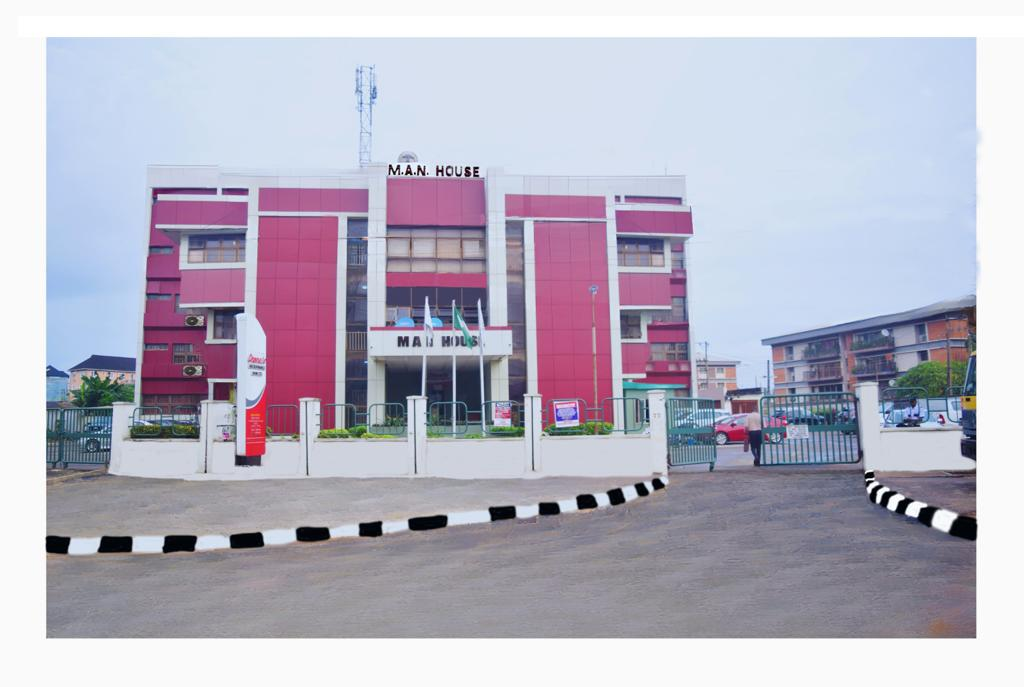
The recent announcement of a new N70, 000 minimum wage in Nigeria has garnered significant attention, with various stakeholders expressing both commendation and concern. The Manufacturers Association of Nigeria (MAN) has praised President Bola Tinubu for this initiative but has also highlighted the pressing need for supporting measures to ensure that the private sector can comply without undue hardship.
This analysis examines the multifaceted implications of this development on the Nigerian economy, particularly focusing on the challenges faced by Micro, Small, and Medium Enterprises (MSMEs) and the potential relief measures suggested by MAN.
Impact on MSMEs: Balancing Wages and Sustainability
The implementation of the new minimum wage is set to increase operating costs across the board, but MSMEs are expected to bear the brunt of this policy. As the backbone of Nigeria’s economy, MSMEs provide significant employment and contribute to economic diversification. However, the increased wage bill could strain their limited financial resources, leading to potential layoffs, reduced profitability, or even business closures if no mitigating measures are provided.
Mr. Segun Ajayi-Kadir, Director-General (DG) of MAN, has underscored the necessity for exemptions for MSMEs to help them manage the transition to the new wage structure. Such exemptions could preserve jobs and maintain business operations, ensuring that these vital enterprises continue to contribute to economic growth and stability.
Proposed Relief Measures: Ensuring Compliance and Sustainability
MAN has put forward a comprehensive set of relief measures aimed at alleviating the financial burden on the private sector, thereby facilitating compliance with the new minimum wage law. These measures include;
Redemption of Outstanding Foreign Exchange Forwards
This would stabilise the currency market, benefiting businesses that rely on imported goods and services by providing more predictable and manageable costs.
Reversal of Recent Electricity Tariff Hikes
Lowering electricity tariffs would reduce operational expenses, allowing businesses to reallocate funds towards meeting the new wage requirements.
Duty Exemptions on Imported Conversion Kits
Such exemptions would lower the cost of essential equipment and materials, promoting efficiency and reducing production costs.
Tax Moratorium for Five Years
A tax holiday would provide much-needed financial relief, encouraging investment and growth within the private sector.
Fixed Import Duty Rate of N800
Establishing a predictable import duty rate would enhance cost planning and stability for businesses reliant on imported goods.
Review of Financial Regulations
Streamlining financial regulations would reduce bureaucratic hurdles, making it easier for businesses to operate and thrive.
Discontinuation of the Price Verification Portal
Eliminating this portal would simplify import processes, reducing delays and associated costs.
Broader Economic Implications
The new minimum wage and the proposed relief measures carry significant implications for the Nigerian economy. Below are some significant implication it poses to the economy;
Consumer Spending
Higher wages are likely to increase disposable income, potentially boosting consumer spending and stimulating economic growth. However, this must be balanced against the risk of inflationary pressures if businesses pass on increased labour costs to consumers.
Inflationary Pressures
Without corresponding productivity gains, the increased wages could lead to inflation as businesses adjust their pricing to maintain profitability.
Government Fiscal Position
Implementing relief measures such as tax moratoriums and duty exemptions could impact government revenue, necessitating careful fiscal management to balance support for businesses with maintaining fiscal stability.
Investment Climate
Positive government responses to MAN’s recommendations could enhance investor confidence, signalling a supportive business environment and potentially attracting more foreign and domestic investments.
Economic Growth
Ensuring that businesses can comply with the new minimum wage without undue hardship could sustain economic activities, preserve jobs, and contribute to overall economic stability and growth.
The new minimum wage agreement in Nigeria, accompanied by MAN’s call for relief measures, presents both opportunities and challenges. While higher wages have the potential to boost consumer spending and improve living standards, they also pose significant cost challenges for businesses, particularly MSMEs. The proposed relief measures, if implemented, could mitigate these challenges, fostering a more conducive environment for businesses to thrive. A balanced approach that supports both workers and businesses will be crucial for sustaining economic growth and stability in Nigeria.
As the situation develops, continued dialogue between the government, private sector, and other stakeholders will be essential to navigate these changes effectively and ensure that the benefits of the new minimum wage are realised without compromising the health of the broader economy.
Discover more from Astudity Limited
Subscribe to get the latest posts sent to your email.